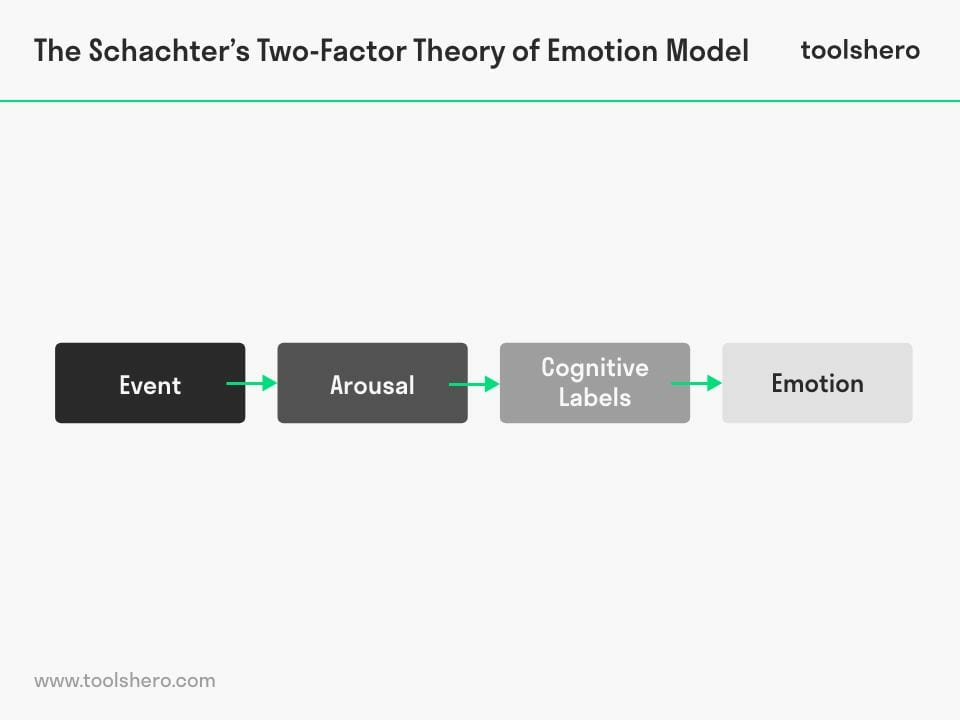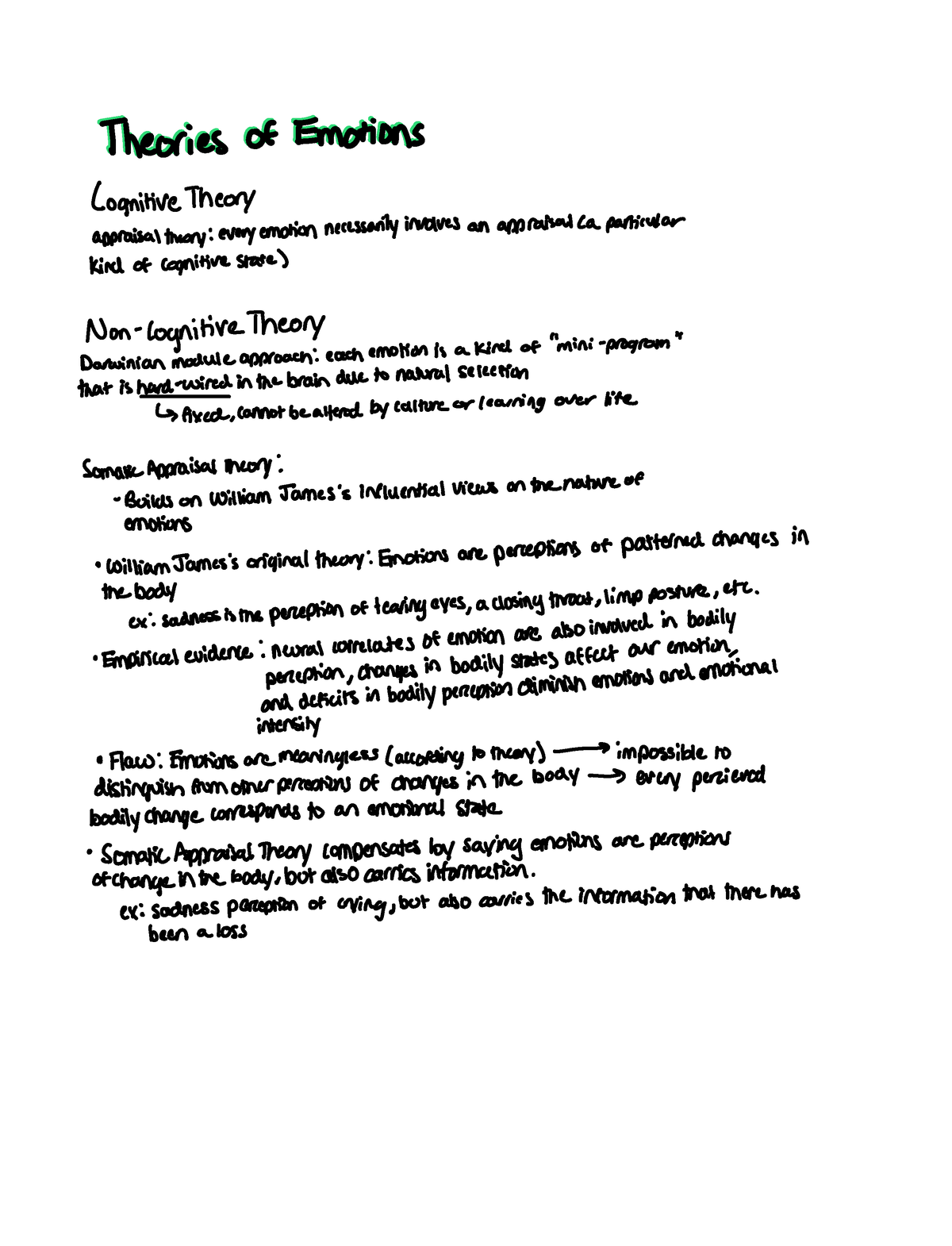The cognitive theory of emotion is a psychological model that explains the relationship between thoughts, feelings, and behaviors. According to this theory, emotions are not just automatic physiological responses to stimuli, but rather are the result of an individual's interpretation and evaluation of a situation.
According to the cognitive theory, when we encounter a stimulus in the environment, we automatically start to process and interpret it. This process involves our thoughts, beliefs, and expectations, which can influence how we feel about the stimulus. For example, if we see a spider crawling on the wall, our thoughts might be "Oh no, that's a spider! I hate spiders! They're so creepy!" These thoughts might lead us to feel fear or disgust.
The cognitive theory of emotion also suggests that we have a certain level of control over our emotions. By changing the way we think about a situation, we can change the way we feel. For example, if we are feeling anxious about a presentation we have to give, we can try to reframe our thoughts and focus on the positive aspects of the situation. By telling ourselves "I am well-prepared and capable of giving a great presentation," we might feel more confident and less anxious.
One key aspect of the cognitive theory of emotion is the concept of appraisals. An appraisal is the process of evaluating the significance or importance of a stimulus and determining how it affects us. There are two types of appraisals: primary appraisals and secondary appraisals. Primary appraisals involve evaluating the potential positive or negative consequences of a stimulus, while secondary appraisals involve deciding how to respond to a stimulus and what resources we have available to cope with it.
For example, if we see a bear while hiking, our primary appraisal might be that the bear is a potential threat and we need to take action to protect ourselves. Our secondary appraisal might involve deciding whether we should try to run away, climb a tree, or try to scare the bear off.
The cognitive theory of emotion also suggests that our emotional responses are influenced by our social and cultural context. For example, certain emotions may be more or less acceptable in different cultures, and we may be more or less likely to express certain emotions depending on the social context.
In conclusion, the cognitive theory of emotion is a psychological model that explains how our thoughts, beliefs, and expectations influence our emotional responses to stimuli. It suggests that we have some control over our emotions and that our emotional responses are influenced by our appraisals and social and cultural context.





